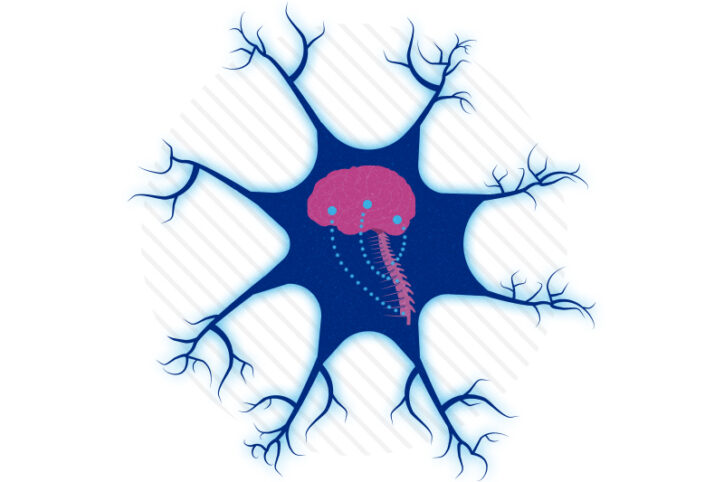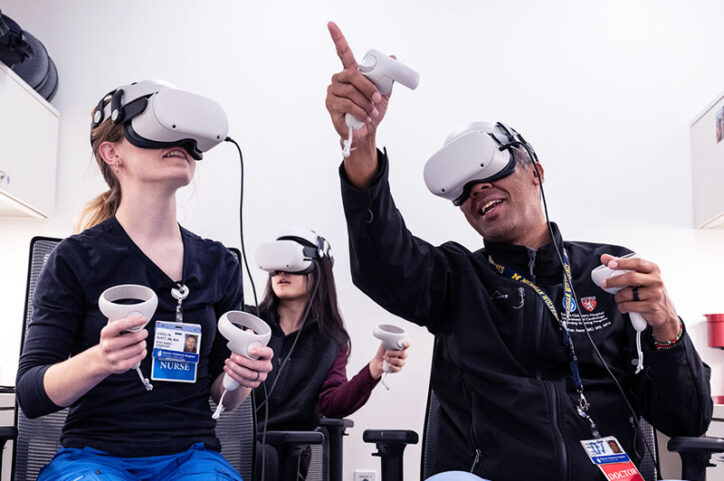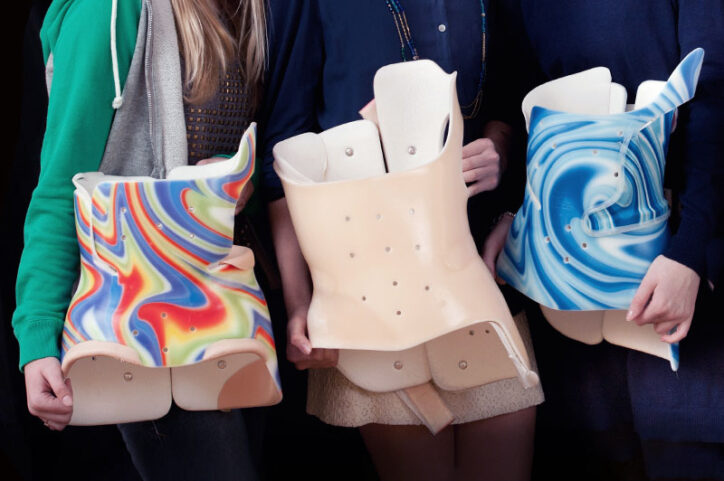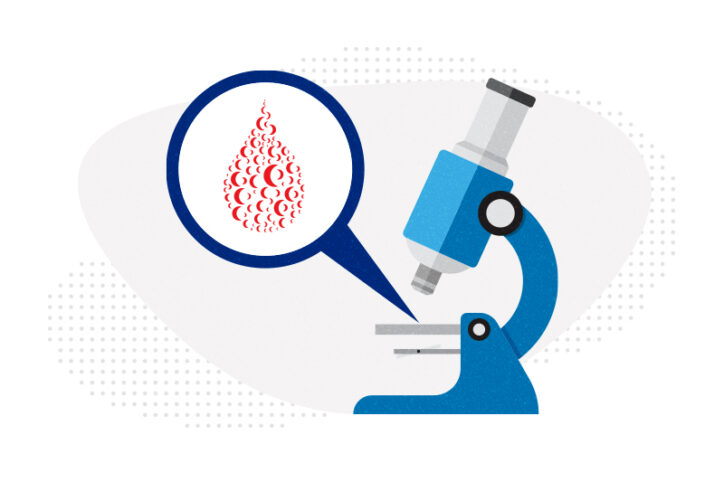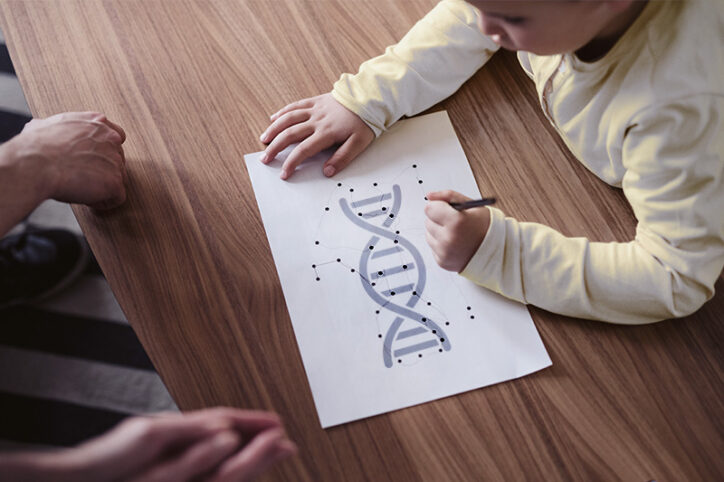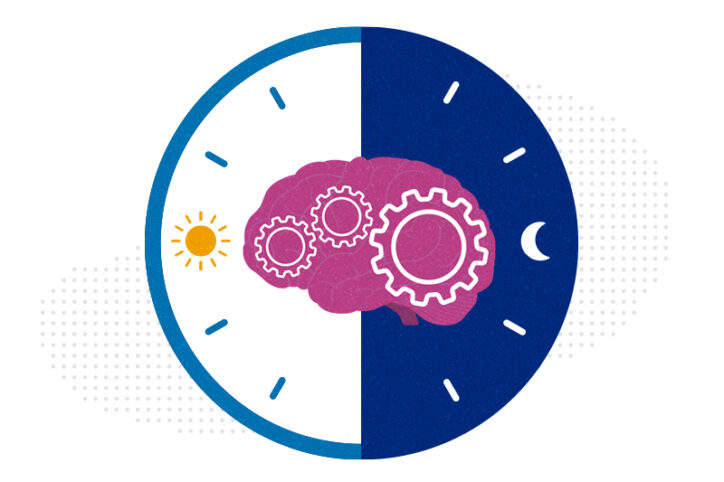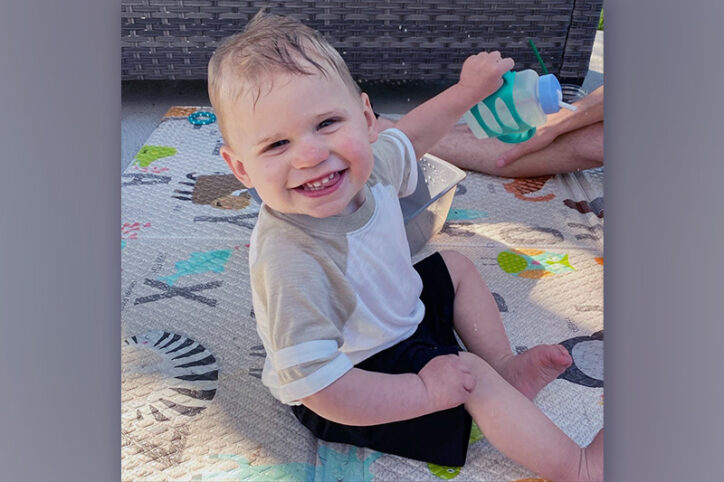New leads for spinal cord injury: Mapping spinal-projecting neurons in the brain
Only a fraction of people who sustain a spinal cord injury fully regain their motor function. While rehabilitation can help, scientists have long looked for ways to regenerate injured nerve fibers — including, at Boston Children’s Hospital, Zhigang He, PhD, BM. As part of a collaborative effort by the BRAIN Initiative Cell Census Network, which ... Read More about New leads for spinal cord injury: Mapping spinal-projecting neurons in the brain
Helping aspiring clinicians understand a virtual heart before they work with a real one
Jonathan Awori, MD, MS, MFA, isn’t embarrassed to say it took him a long time to completely understand the intricate workings of the heart. He says he isn’t alone; many aspiring doctors and nurses don’t immediately grasp the heart’s complexity from two-dimensional textbooks or even 3D-printed models. Now that he’s a pediatric cardiology fellow at ... Read More about Helping aspiring clinicians understand a virtual heart before they work with a real one
Predicting brace adherence could change the game in scoliosis treatment
When it comes to preventing scoliosis progression, is it possible to make bracing more effective? For decades, spine specialists focused on improving the braces themselves, making them lighter, less obtrusive, and easier to put on and take off. (The Boston Brace, developed at Boston Children’s Hospital in the early 1970s, is one example.) Key takeaways ... Read More about Predicting brace adherence could change the game in scoliosis treatment
New hospital discharge practices could improve health of infants with bronchopulmonary dysplasia
The chronic lung disease bronchopulmonary dysplasia (BPD) affects a significant number of infants who were born early and have underdeveloped lungs. They typically require lengthy specialized care in a neonatal intensive care unit (NICU) before they can go home with their families. But getting home doesn’t mean health risks are behind them. Their parents are suddenly their ... Read More about New hospital discharge practices could improve health of infants with bronchopulmonary dysplasia
A state policy made it harder for families to find shelter. Research helped change the policy.
Physicians and policy makers usually work in separate worlds: those of medicine and government. But when a change in Massachusetts policy led to an unprecedented increase in the number of homeless families seeking shelter in the emergency department (ED), physicians at Boston Children’s Hospital set out to reverse that policy. What happened next shows that ... Read More about A state policy made it harder for families to find shelter. Research helped change the policy.
Sickle cell gene therapy and boosting fetal hemoglobin: A 75-year history
Ed. Note: This post updates an earlier post from 2018. In a landmark decision today, the Food and Drug Administration (FDA) approved two gene therapies for sickle cell disease. One of them, Casgevy, has deep scientific roots at Boston Children’s Hospital — and is also the first therapy using CRISPR gene editing to gain FDA ... Read More about Sickle cell gene therapy and boosting fetal hemoglobin: A 75-year history
Could ADHD be diagnosed genetically?
Despite it being very common, ADHD is often missed until a child reaches age 7 or older. By that time, they have likely been struggling socially and in school. Could early genetic testing be part of the solution? Anne Arnett, PhD, in partnership with Ryan Doan, PhD, at Boston Children’s Hospital, set out to see ... Read More about Could ADHD be diagnosed genetically?
Timing is everything: How circadian rhythms influence our brains
Why are we mentally sharper at certain times of day? A study led by Jonathan Lipton MD, PhD, at Boston Children’s Hospital spells out the relationship between circadian rhythms — the body’s natural day/night cycles — and the brain connections known as synapses. The work is the first to provide a cellular and molecular explanation ... Read More about Timing is everything: How circadian rhythms influence our brains
Naloxone on demand: Shining a light to reverse opioid overdose
Overdose deaths from fentanyl and other opioids are at record highs in the U.S. Naloxone, if delivered soon after an overdose, is proven to be life-saving. It binds to the same brain receptors that opioids use, thereby blocking opioids’ effects. A naloxone nasal spray (Narcan) is now available over the counter, but there are still problems ... Read More about Naloxone on demand: Shining a light to reverse opioid overdose
How genetic testing helped Wilson help other infants with epilepsy
In August 2021, after months of anticipating their son’s arrival, Emily and Nick felt as ready as they’d ever be to become parents. Happy and excited to finally have Wilson in their arms, they brought him home a few days after delivery. Just over 24 hours later, though, they found themselves back in a hospital ... Read More about How genetic testing helped Wilson help other infants with epilepsy


